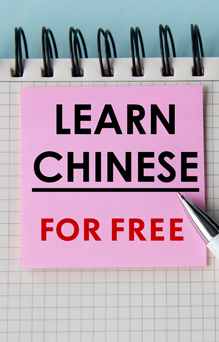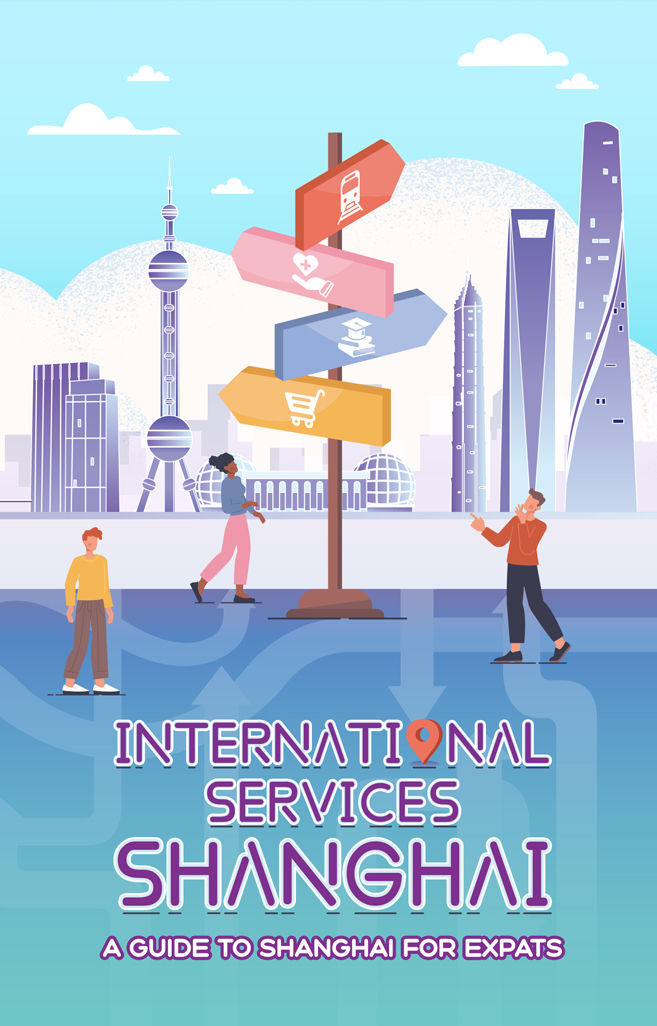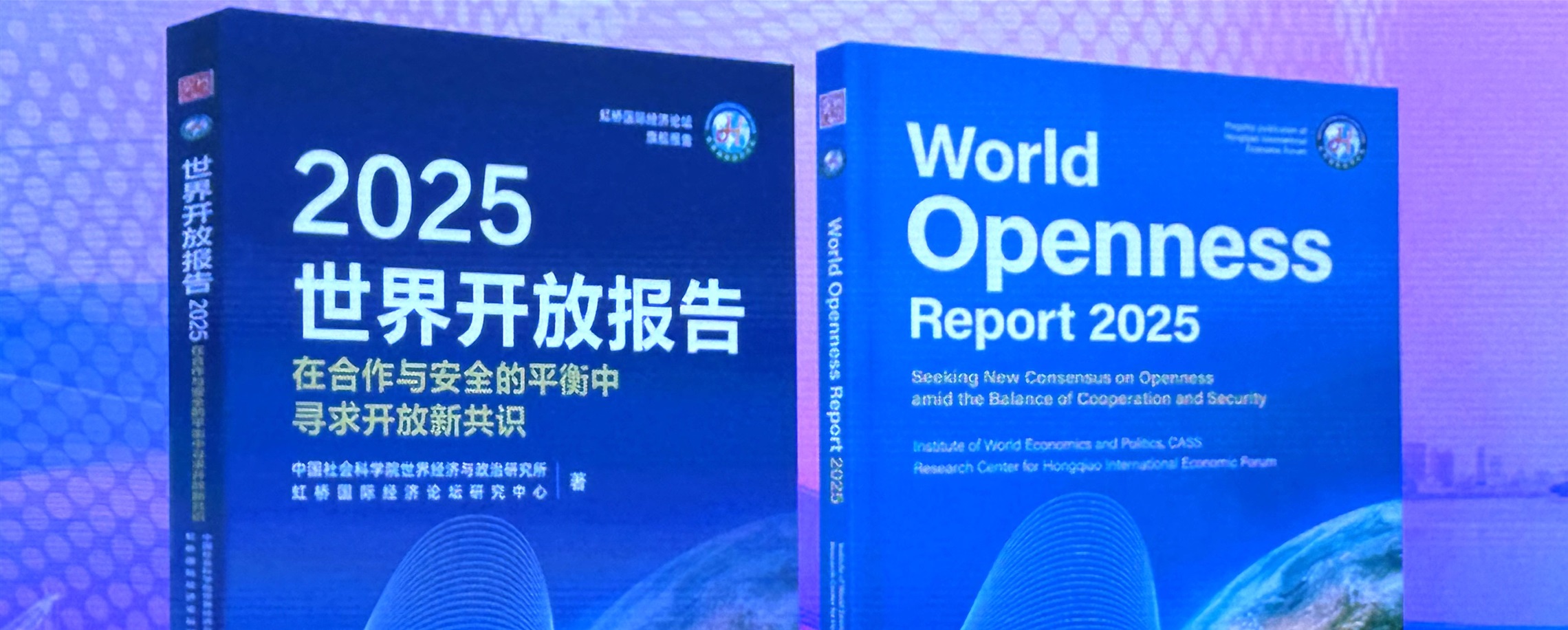Weekend Buzz: 2025 November 1-2
Top News
Xi Urges APEC to Embrace Trade Expansion, Stability
Chinese President Xi Jinping, in a speech at the summit of Asia Pacific Economic Cooperation (APEC) nations in South Korea, called on countries in the region to support free trade and maintain the stability of supply chains "The more turbulent the times, the more we must work together," Xi said. His address came a day after he met with US President Donald Trump, where both leaders agreed on some measures to reduce trade tensions. Xi laid out a five-point plan for a brighter Asia-Pacific economic future, including joint efforts to safeguard the multilateral trading system, trade and investment liberalization, and advancement of digital technologies and green initiatives. He said Beijing stands ready to be a leader in regional progress.
Big 4 Banks Post Profit, Lower Margins
China's big four state-owned banks reported profits for the third quarter though net interest margins – a key indicator of profitability – were squeezed. Industrial & Commercial Bank, the world's largest bank by assets, posed a 3.3 percent in net income to101.8 billion yuan, with operating income rising 2.4 percent to 201.9 billion yuan. For the first nine months of the year, the bank reported that its net interest margin slipped to 1.28 percent and the non-performing loan ratio was 1.3 percent. The bank had assets of 52 trillion yuan as of September 30.
Agricultural Bank of China said operating income in the third quarter rose 4.3 percent from a year earlier to 180.9 billion yuan, with net income at 81.3 billion, up 3.7 percent. At the end of September 30, the bank had a net interest margin of 1.3 percent and a non-performing loan rate of 1.27 percent, with assets totaling 48 trillion yuan.
Bank of China reported a 5.1 percent rise in net income for the quarter to 60.1 billion yuan. Operating income rose 0.9 percent to 162.7 billion yuan. The net interest margin was 1.26 percent and the non-performing loan ratio was 1.24 percent. Assets totaled 37.6 trillion yuan.
China Construction Bank reported 4.2 percent quarterly growth to 95.38 billion yuan, despite a 1.9 percent decline in revenue to 179 billion yuan. Its net interest margin, at 1.36 percent, was the lowest of the four banks, and the non-performing loan rate was 1.32 percent.
China Launches Manned Spacecraft
China successfully launched the Shenzhou-21 manned spaceship, sending three astronauts to its orbiting space station on a six-month mission. Among their "cargo" are four mice who will be used in China's first scientific experiments exploring the effects of space on mammals. The mice will remain in space for several days before returning to Earth with the Shenzhou-20 crew.
US Senate Rebukes Trump Tariffs in Symbolic Vote
The Republican-controlled US Senate voted to terminate President Donald Trump's global import tariffs imposed on grounds of national security. The vote on the resolution was largely symbolic vote but interesting because four Republican senators crossed party lines to vote with Democrats for the measure. The Republican-controlled House is unlikely to take up the resolution, and neither chamber has the votes to override a certain presidential veto if it reached the White House. The US Supreme Court will hear extended arguments next week in a case challenging the legal basis of Trump administration reciprocal tariffs.
Top Business
Nvidia Feeds South Korea's AI Goal With Chip Deal
Nvidia finalized an agreement in Seoul to supply 260,000 of its most advanced artificial intelligence chips to the South Korean government and major companies Samsung, LG and Hyundai. The deal is aimed propelling South Korea toward its goal of becoming the world's third-largest AI superpower. Nvidia Chief Executive Jensen Huang called the ambition achievable, citing the nation's strong technology and manufacturing base. On the issue of current US export restrictions, Huang said he hopes Washington will allow the sale of Nvidia cutting-edge chip like the Blackwell to China. He said unfettered bilateral technology trade benefits both US and Chinese interests.
China Airlines Post Profits on Strong Summer Travel
China's three biggest airlines posted third-quarter profits on a strong peak summer travel season, continuing a fitful Covid-era recovery that's been slowed by low fares and the popularity of high-speed rail services. China Eastern Airlines swung back from three quarters of losses with profit of 3.5 billion yuan (US$492 million), with revenue rising to 36.6 billion yuan. China Southern said profit in the latest quarter rose 20 percent from a year earlier to 3.84 billion yuan, on revenue of 51.4 billion yuan. Air China reported profit of 4.1 billion yuan for the quarter but said it was down 5.2 percent from a year earlier. The flag carrier announced plans for a private placement with controlling shareholders to raise up to 20 billion yuan to repay debt and replenish capital.
China Energy Companies Hurt by Lower Oil Prices
PetroChina, Asia's largest oil and gas producer, posted a 3.9 percent drop in third-quarter profit on lower global oil prices, despite gains in production of crude and natural gas. Net income fell to 42.29 billion yuan (US$5.94 billion), while revenue rose 2.3 percent to 719.2 billion yuan. For the first nine months of this year, the company said it produced 714.3 million barrels of oil and 3,977.2 billion cubic feet of gas. Sales of gasoline, diesel and jet fuel rose 0.8 percent. In the renewables segment, PetroChina said it generated 5.8 billion kilowatt hours of electricity from wind and solar power.
Lower global oil prices also hit other Chinese energy producers. Sinopec, the nation's largest refiner, reported flat profit in the third quarter, and CNOOC, China's biggest offshore oil and gas producer, said third-quarter net income fell 12 percent from a year earlier to 32.4 billion yuan, despite a 5.7 percent revenue gain to 104.9 billion yuan.
Economy & Markets
China Manufacturing Activity Slows
China's official survey of manufacturing activity contracted in October to its lowest level in six months, registering 49.0 – one point below the 50 threshold that separates contraction from expansion. That followed a 49.8 reading in September. Among sub-categories, production, new orders, raw materials in stock and employment all lost ground. However, the index of non-manufacturing activity managed to hang on to expansion with a reading of 50.1, declining from 52.9 in September. Bright spots were air and rail transportation, accommodation services and sports-related activities.
China Kicks Off 2025 Drug Price Talks
China officially began annual negotiations with drugmakers on prices for medications on the National Reimbursement Drug List and parallel talks on pricing for a new Commercial Insurance Innovative Drug List, marking a key step toward a multi-layered healthcare coverage system. The new list is an attempt to provide more diversified medical coverage. Representatives from pharma firms AstraZeneca, Pfizer, Kelun Pharma, and Luye Pharma are among nearly 200 participants. The first day focused on pain and psychiatric drugs, and the second day centered on drug therapies for cancer and chronic diseases.
Deep Dive
Electric Car Buyers Face Choices as China Reduces Tax Break
China is starting to pull the plug on its full exemption of sales tax on new energy vehicles. Carmakers are trying to lessen the blow, at least short term.
China Keeps Powering Ahead, with Investors in Its Slipstream
Despite global trade tension, China is indeed powering ahead to build on its strengths.
Corporate
China Brokerages Profit From Bull Market
China's securities firms delivered robust earnings in the first three quarters of 2025, fueled by a rise in trading activity and share sales amid a buoyant stock market. Data from 52 listed brokerages showed combined net profit rose 61 percent from a year earlier to 183.8 billion yuan (US$28.8 billion). For the third quarter alone, profit surged 59 percent to 70.4 billion yuan. Top performers included CITIC Securities, Guotai Junan, Huatai Securities, China Galaxy, and GF Securities. Income from active market trading in the nine months totaled 111.8 billion yuan, proprietary trading generated 186.9 billion yuan and investment banking revenue rebounded to 25.2 billion yuan amid higher numbers of initial public offerings.
Cosco Profit Drops on Lower Freight Rates
Chinese shipping giant Cosco Shipping Holdings reported third-quarter net income plunged 55 percent from a year earlier to 9.5 billion yuan (US$1.3 billion) on a 40 percent drop in container freight rates. Operating revenue fell 20 percent to 58 billion yuan. For the first nine months, revenue was down 4.1 percent to 168 billion yuan, yielding a 29 percent decline in profit to 27.1 billion yuan. Despite the declines, freight volume in the January-September period rose 6 percent. The group's terminal business gained 5.6 percent.
Baosteel Reports Profit Surge
Shanghai-based Baosteel announced a dramatic surge in third-quarter earnings, reflecting a broad turnaround in China's steel industry. The company said net profit surged 130 percent from a year earlier to 3.1 billion yuan (US$434 million). For the first nine months of the year, cumulative net profit hit 7.96 billion yuan, rising by 35 percent. Despite the improved profitability, the company acknowledged that a fundamental imbalance of "strong supply and weak demand" in the industry hasn't been fully resolved. Its strong performance aligns with national data showing that the ferrous metal smelting and rolling sector swung from losses to aggregate profit of 97.3 billion yuan for the first three quarters.
Apple Revenue in China Slips
Apple revenue from China, its third-largest market, fell 3.6 percent from a year earlier to US$14.5 billion in the company's fiscal fourth quarter ended September 27, Chief Executive Tim Cook said on an earnings conference call. He blamed a delay in the debut of the new iPhone Air in China, which was related to regulatory snarls involving the new e-sim card feature. The company reported global net profit rose 86 percent to US$27.5 billion on an 8 percent revenue increase to US$102.5 billion.
Li Auto Recalls Over 11,000 Mega Vehicles
Li Auto will recall 11,411 2024 Mega model vehicles this month over potential coolant corrosion issues that could pose safety risks, according to a filing with China's State Administration for Market Regulation. The recall covers vehicles produced between February 18 and December 27, 2024. The company said the coolant used in the vehicles lacks adequate anti-corrosion protection, which could lead to leakage in the cooling systems of the battery and front motor controller. In extreme cases, the defect could trigger power loss or even thermal runaway of the battery.
Polestar Faces Delisting in US
Swedish-based electric carmaker Polestar, which is owned by Volvo and Chinese investor Li Shufu's Geely Auto, has been put on notice for possible delisting on New York's Nasdaq market because of its low share price, which has fallen below the exchange's minimum US$1. The shares traded at 84 US cents on Friday and have dropped by half over the last year. Polestar manufactures cars at facilities controlled by Volvo or Geely in several countries, including China, South Korea and the US.
SAS Ends China Operations
SAS Institute, an American developer of analytics and artificial intelligence software, is exiting the Chinese mainland after two decades, the South China Morning Post reported. The company, which employed about 400 people, said the decision reflects a broad shift in global operations. Its China offices include one in Shanghai's Xuhui District.
Nexperia Halts Shipments to Chinese Subsidiary
Dutch chipmaker Nexperia has suspended supplies of wafers to its Chinese assembly plant in the southern city of Dongguan, Reuters reported, citing a letter addressed to customers. The action could further squeeze chip supplies to global automakers.
Nexperia has been locked in a dispute with its Chinese unit after Dutch authorities took control of Nexperia from its Chinese owner Wingtech Technology. The Chinese unit had resumed supplying semiconductors to local customers but stipulated that all sales must be settled using the Chinese yuan instead of previous use of foreign currencies like the US dollar.




In Case You Missed It...




